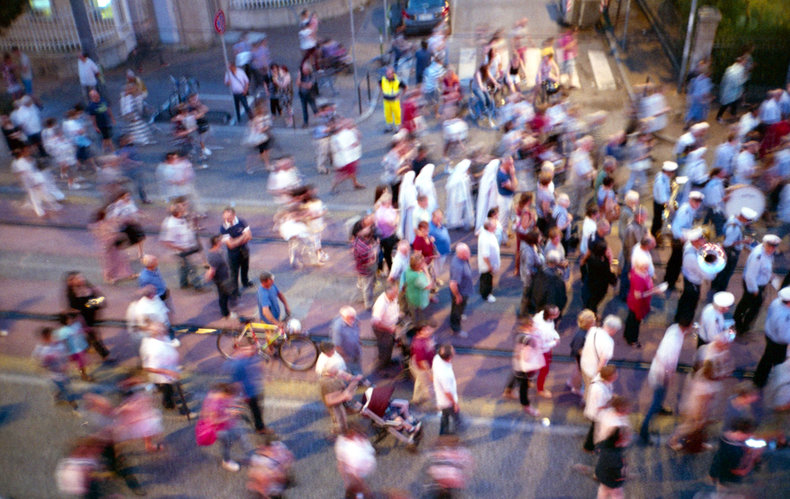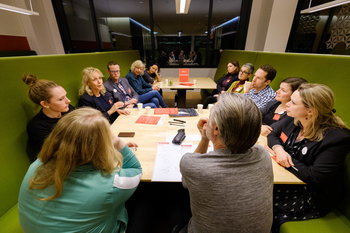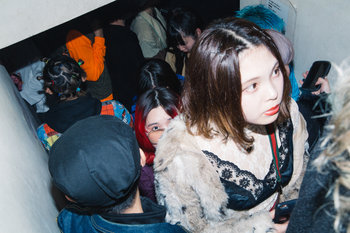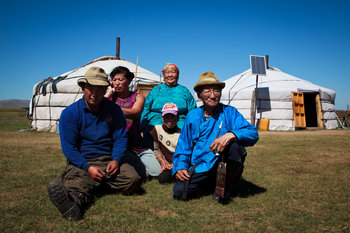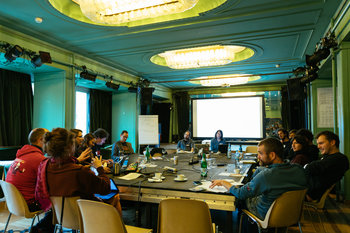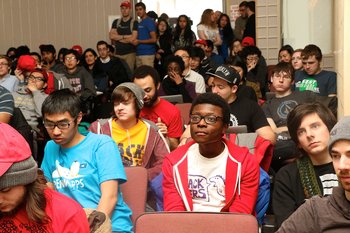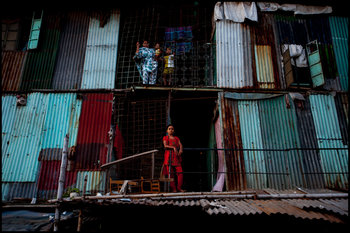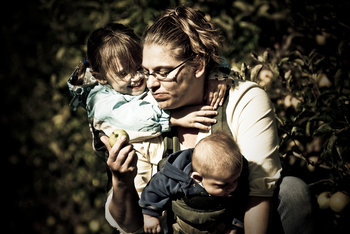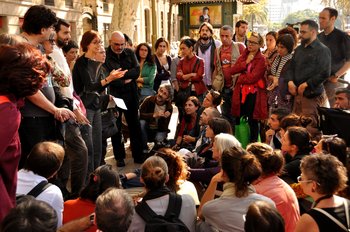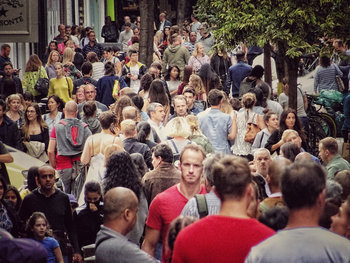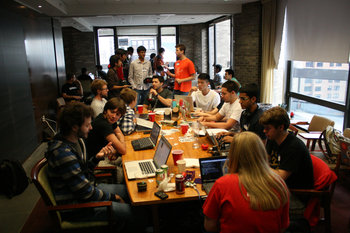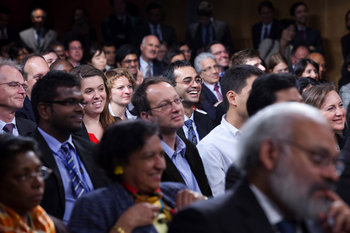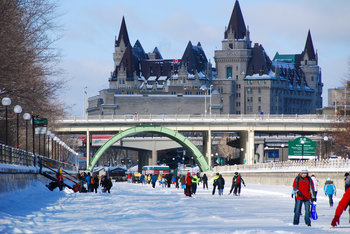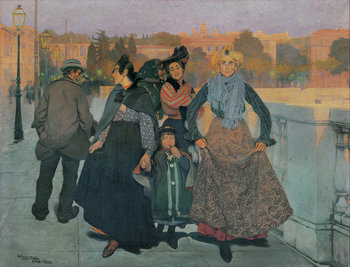|
| |
Social order are structures, processes, standards, rules and requirements that are imposed on the members of a society. This can be viewed as creating civility, cooperation and quality of life. It is also common to portray social order as an oppressive power structure designed to support the position of an elite. At the top level, social orders are socioeconomic systems such as democracy/capitalism, communism and feudalism. The following are common elements of these systems.
Civic Duty | Communities | Contracts | Culture | Economic Systems | Education | Financial Systems | Freedoms | Government Accountability | Government Departments | Identity | Infrastructure | Institutions | Laws | Legal Systems | Markets | Media | Norms | Organizational Accountability | Organizations | Political Parties | Political Processes | Public Health / Healthcare | Public Security / Policing | Public Services | Regulations | Rights | Social Groups | Social Inclusion / Exclusion | Social Processes | Social Responsibilities | Social Roles | Social Status | Socioeconomic Classes | Taxation | Traditions | Transparency | Values |
|
Type | | Definition | Structures, processes, standards, rules and requirements that are imposed on the members of a society. | Related Concepts | |
Social Structures
This is the complete list of articles we have written about social structures.
If you enjoyed this page, please consider bookmarking Simplicable.
© 2010-2023 Simplicable. All Rights Reserved. Reproduction of materials found on this site, in any form, without explicit permission is prohibited.
View credits & copyrights or citation information for this page.
|
